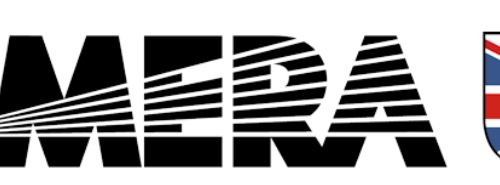The Guardian reports:
Shell, the Anglo-Dutch oil giant, paid the state-owned Iranian oil company at least $1.5bn (£0.94bn) for crude oil this summer, increasing its business with Tehran as the international community implemented some of the toughest sanctions yet aimed at constricting the Islamic republic’s economy and its lifeline oil business.
Sensitive trading documents seen by the Guardian show the UK-registered company stepped up its orders of Iranian oil at a time when other major buyers, including BP and Reliance Industries, India’s largest conglomerate, halted orders amid impending trade sanctions aimed at curbing Tehran’s perceived desire to acquire nuclear weapons.
Shell is not accused of acting illegally because the sanctions – enforced by the US, UN and EU – stopped short of banning the import of Iranian oil. But its trades with the state-owned oil company, a major contributor to the finances of a government which has made its nuclear programme a priority, are likely to expose Shell to growing political pressure.
Now I realize there is some dispute among opponents of the regime over the effectiveness of economic sanctions on Iran. But it’s hard for me to grasp how pouring one-and-a-half billion dollars into the coffers of the Iranian government does anything other than strengthen the regime– not only in its nuclear program but also in its ability to brutalize and repress its political opponents, to keep a lid on wider opposition through state subsidies and to supply weapons to the likes of Hezbollah.
Shell Oil’s reputation for responsible and ethical behavior is already pretty lousy, and they may figure that doing business with Iran won’t make it much worse. But I have to believe that they– like other companies– would be susceptible to worldwide pressure to stop funding the Iranian regime.
Earlier this year the telecom giant Nokia-Siemens Networks got around to admitting a “share of the blame for Iran’s brutal crackdown on anti-government demonstrators last year after selling mobile phone surveillance to the authoritarian regime.”
The Finnish-German telecoms joint venture was at the centre of an ethics controversy last year when it emerged that it had supplied surveillance technology to two Iranian mobile phone operators. The technology was used to track down dissidents amid the mass protests following the contested re-election of President Mahmoud Ahmadinejad in June 2009.
Apart from the crackdown on demonstrators, which saw 36 confirmed deaths, Iranian authorities blocked websites such as Twitter and Facebook, jammed and tracked cell phone calls and text messages. They used the so-called monitoring centre acquired from Nokia-Siemens in 2008 to carry out the work.
[Nokia-Siemens marketing head Barry] French maintained that the surveillance technology was part of the legal requirements imposed by governments all over the world, including in the EU and US for mobile phone operators to get a licence.
“We deplore the use of this technology against dissidents,” he said, adding that his company has learned its “lesson” and has meanwhile pulled out of the “monitoring centre business.”
Nokia-Siemens Networks is however still selling “passive” interception capabilities, which need “instructions” – usually accompanied by a police warrant – as to what to intercept and where to send the data.
The son of Isa Saharkhiz, an outspoken reformist journalist in Iran who has been imprisoned since the post-election uprising in the summer of 2009, is suing Nokia-Siemens in US federal court.
Update: This just in. AFP reports:
Under threat of US sanctions, European oil firms Total, Shell, Statoil and Eni have pledged to stop investing in Iran in what amounts to a “significant setback” to Tehran, a US official said Thursday.
The pledges fall in line with new energy and financial measures against Iran that US President Barack Obama signed into law in July in the wake of UN Security Council sanctions imposed in June to curb Iran’s nuclear ambitions.
“We have received commitments from four international energy firms to terminate their investments and avoid any new activity in Iran’s energy sector,” Deputy Secretary of State James Steinberg told reporters.
The move dealt “a significant setback to Iran,” Steinberg added as analysts agreed that most major Western firms have now come to the conclusion that it is no longer worth doing business in Iran.


